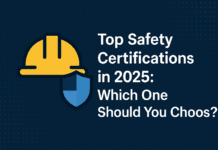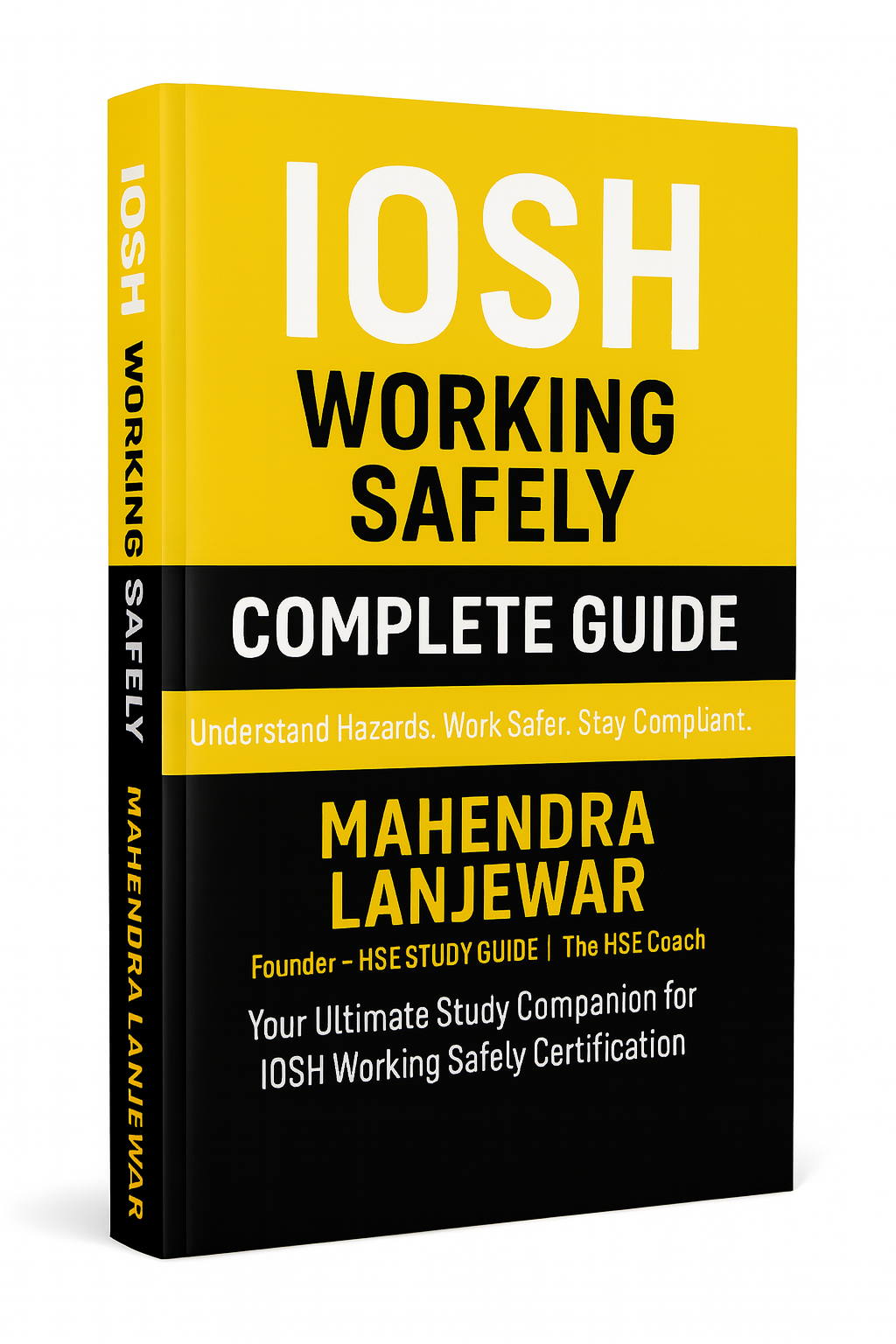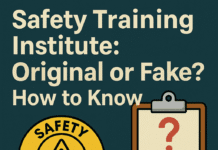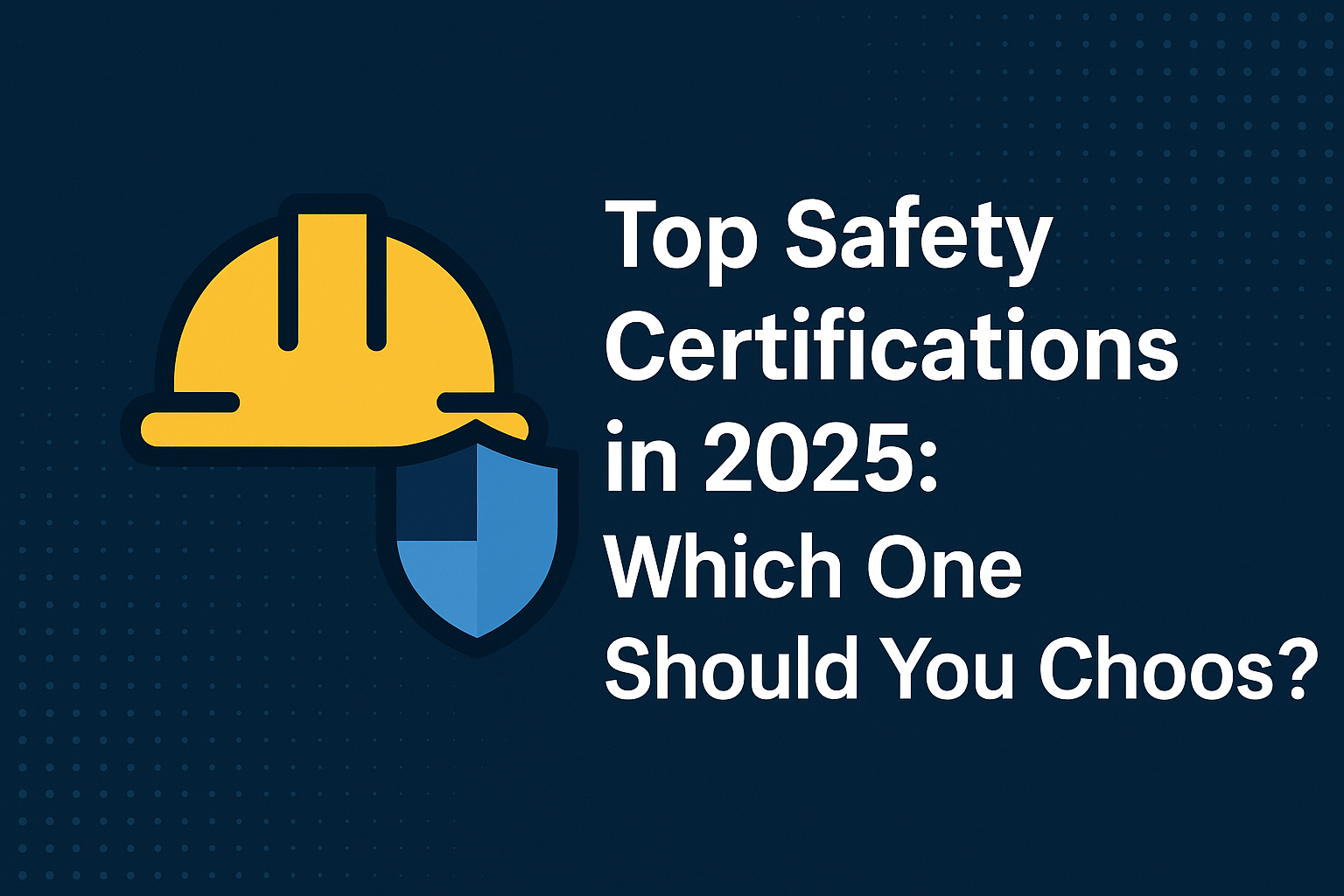
How to Become a Certified Safety Professional
Introduction
In today’s world, safety is paramount, and ensuring the well-being of individuals in various industries is of utmost importance. As a result, the demand for certified safety professionals has significantly increased. Becoming a certified safety professional can be a rewarding career path, allowing you to contribute to the welfare of others while also advancing your professional prospects. This article will provide a step-by-step guide on how to become a certified safety professional and outline the key aspects of pursuing this path.
Understanding the Role of a Safety Professional
A certified safety professional is responsible for creating and implementing safety policies and protocols to safeguard employees and the workplace. They work across various industries, including construction, manufacturing, healthcare, and more, to identify potential hazards, assess risks, and develop strategies to mitigate them effectively.
Choosing the Right Certification Program
To become a certified safety professional, selecting the appropriate certification program is crucial. Accredited organizations such as the Board of Certified Safety Professionals (BCSP) and the National Safety Council offer reputable certification programs that are recognized and respected in the industry.
Meeting the Educational Requirements
Most certification programs have specific educational prerequisites that candidates must fulfill. Generally, a bachelor’s degree in a related field such as occupational health and safety, engineering, or environmental science is required.
Gaining Practical Experience
While formal education is essential, hands-on experience is equally valuable. Many certification programs mandate a minimum number of years of practical experience in the safety profession.
Preparing for the Certification Exam
The certification exam is comprehensive and requires thorough preparation. Candidates should utilize study materials provided by the certifying organization, attend review courses if available, and take practice exams to assess their readiness.
Taking the Certification Exam
Once well-prepared, candidates can schedule and take the certification exam. The exam evaluates their knowledge, expertise, and ability to handle real-world safety scenarios.
Continued Professional Development
Certified safety professionals must engage in continuous learning and professional development. Attending seminars, workshops, and industry conferences helps stay updated with the latest developments in safety practices.
Specializations in Safety Professionalism
Safety professionals can specialize in various areas such as construction safety, industrial hygiene, risk management, and more. Pursuing specialized certifications enhances expertise and marketability.
Networking and Building Connections
Networking with other safety professionals, joining relevant associations, and participating in online forums can provide valuable insights and opportunities for career advancement.
Importance of Ethical Considerations
Ethics play a crucial role in the safety profession. Professionals must prioritize integrity, transparency, and honesty in their decision-making process.
Career Opportunities and Growth
Certified safety professionals have a wide array of career options, including safety management, consulting, auditing, and compliance roles. With experience and additional certifications, they can climb the career ladder.
Challenges and Rewards of the Profession
While the safety profession offers immense personal fulfillment, it also comes with challenges, such as dealing with complex safety issues and navigating organizational dynamics.
Salary Potential of a Certified Safety Professional
A certified safety professional’s salary can vary based on experience, industry, and location. However, it generally offers competitive compensation and benefits.
A Day in the Life of a Safety Professional
A typical day for a safety professional involves conducting safety inspections, developing safety protocols, training employees, and investigating incidents.
Conclusion
Becoming a certified safety professional requires dedication, education, and experience. However, the rewards of protecting lives and ensuring a safer workplace make this career path highly fulfilling. If you have a passion for safety and want to make a significant impact on the well-being of others, becoming a certified safety professional is a path worth pursuing.
FAQs
- Is a certification necessary to work as a safety professional? Yes, while not mandatory, certification enhances your credibility and job prospects in the safety industry.
- How long does it take to become a certified safety professional? The duration varies based on your educational background and experience, but it typically takes a few years to complete the requirements.
- Are there any prerequisites for the certification exam? Yes, most certification programs require a combination of education and experience.
- Can I specialize in more than one area of safety? Yes, pursuing multiple specialized certifications can make you a well-rounded safety professional.
- Do I need to renew my certification periodically? Yes, most certifications require periodic renewal through continuing education and professional development activities.

























Hi how are you